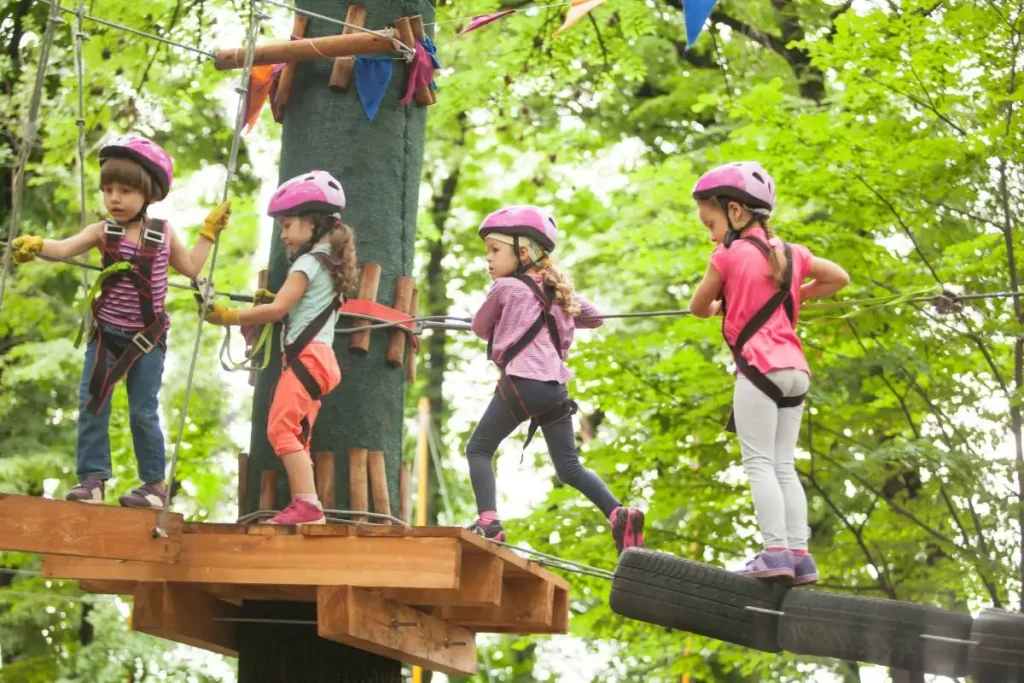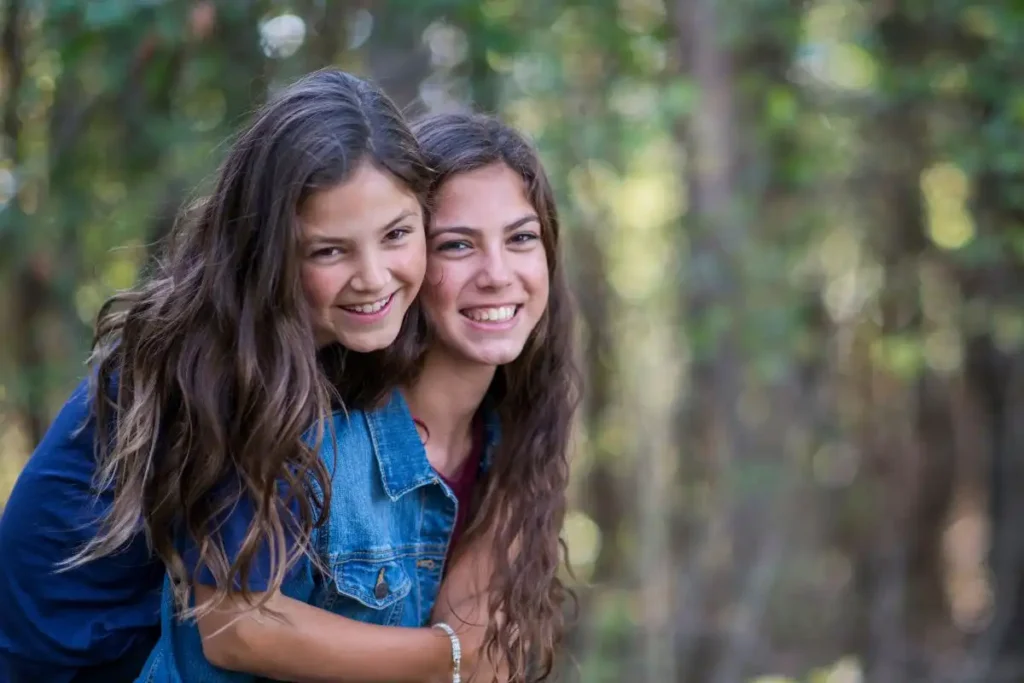Summer camps can be a great opportunity for children with autism to learn new skills, make friends, and have fun. However, it is important to ensure that safety measures are in place to prevent accidents and injuries. Children with autism may have difficulty with social cues and may not understand potential dangers in the environment.
It is important for camp staff to be trained in safety procedures and to have a plan in place for emergencies. This plan should include procedures for handling medical emergencies, lost children, and severe weather. In addition, camp staff should be trained in behavior management techniques to prevent and de-escalate challenging behaviors.
To ensure the safety of all campers, it may also be necessary to provide one-on-one support for children with autism. This support can help to ensure that the child is safe and comfortable in the camp environment.
Staff Training and Support
At autism summer camps, staff training and support are crucial to ensuring the safety and well-being of campers. Staff members should have the necessary qualifications and training to work with children with autism and manage their behavior effectively.
1. Staff Qualifications
Camp staff should have experience working with children with autism and be trained in applied behavior analysis (ABA) therapy. They should also have a basic understanding of autism spectrum disorder (ASD) and the challenges that campers with ASD may face. Additionally, staff members should be patient, compassionate, and able to communicate effectively with campers and their families.
2. Behavior Management Training
Behavior management training is essential for staff members working at autism summer camps. They should be trained in positive behavior support strategies and techniques to help campers manage their behavior effectively. Staff members should also be trained to identify triggers that may lead to challenging behavior and how to respond appropriately.
3. Emergency Response Training
In the event of an emergency, staff members should be trained in emergency response procedures. They should know how to respond quickly and effectively to ensure the safety of campers. This includes knowing how to administer first aid, perform CPR, and evacuate campers if necessary.
Camp Environment and Facilities
When it comes to ensuring the safety of children with autism at summer camps, the camp environment and facilities play a crucial role. Here are some important factors to consider:
Secure Camp Layout
The camp layout should be designed with safety in mind. This includes having clear boundaries and a secure perimeter to prevent children from wandering off and getting lost. Additionally, the camp should have a system in place to ensure that only authorized individuals are allowed on the premises. This can be achieved through the use of ID badges or wristbands, as well as security personnel at the entrance.
Sensory-Friendly Spaces
Children with autism often have sensory sensitivities, which can make certain environments overwhelming or distressing. To ensure that all campers feel comfortable and safe, it is important to have sensory-friendly spaces available. These spaces should be designed to minimize sensory input, with features such as dim lighting, soft textures, and quiet areas. Additionally, staff should be trained to recognize signs of sensory overload and provide support as needed.
By prioritizing these factors in the camp environment and facilities, summer camps can create a safe and inclusive environment for children with autism.
Safety Protocols and Procedures
Summer camps can be a great experience for children with autism, but it’s important to ensure that they are safe and well-cared for. Here are some safety protocols and procedures that should be in place at autism summer camps.
Daily Check-Ins and Monitoring
Camp staff should conduct daily check-ins with each child to ensure that they are feeling well and are not experiencing any issues. This can include asking about any physical or emotional concerns, checking for any injuries or illnesses, and monitoring behavior. Staff should be trained to recognize signs of distress or discomfort and to respond appropriately.
Communication Systems
Effective communication is key to ensuring that children with autism are safe and well-cared for at summer camp. Camp staff should have clear communication systems in place, including ways to contact parents or guardians in case of an emergency. Staff should also be trained in how to communicate effectively with children with autism, including using visual aids and other communication tools as needed.
Healthcare and Medication Management
Children with autism may have specific healthcare needs, including medication management and other medical procedures. Camp staff should be trained in how to administer medications and other treatments safely and effectively, and should have access to medical professionals as needed. Parents or guardians should provide detailed information about their child’s healthcare needs, including any medications they are taking and any allergies or other medical conditions.
Inclusive Activities and Engagement
Summer camps for children with autism should provide a variety of inclusive activities that promote socialization, communication, and physical activity. Here are some examples of inclusive activities that can be offered at autism summer camps:
Structured Routines
Structured routines can provide a sense of predictability and stability for children with autism. These routines can be incorporated into the daily schedule of the camp and can include activities such as morning circle time, snack time, and group games. Having a visual schedule can also be helpful for children with autism to understand the daily routine.
Adaptive Recreational Activities
Adaptive recreational activities can be modified to meet the needs of children with autism. For example, instead of playing a traditional game of basketball, a modified version of the game can be played where the hoop is lowered and the ball is larger and softer. This allows children with autism to participate in the activity and feel successful.
Other adaptive recreational activities can include swimming, hiking, and arts and crafts. It is important to have trained staff who are knowledgeable about autism and can modify activities as needed.
Inclusive activities and engagement can help children with autism feel included and successful at summer camps. By providing structured routines and adaptive recreational activities, children with autism can have a positive and enjoyable camp experience.







